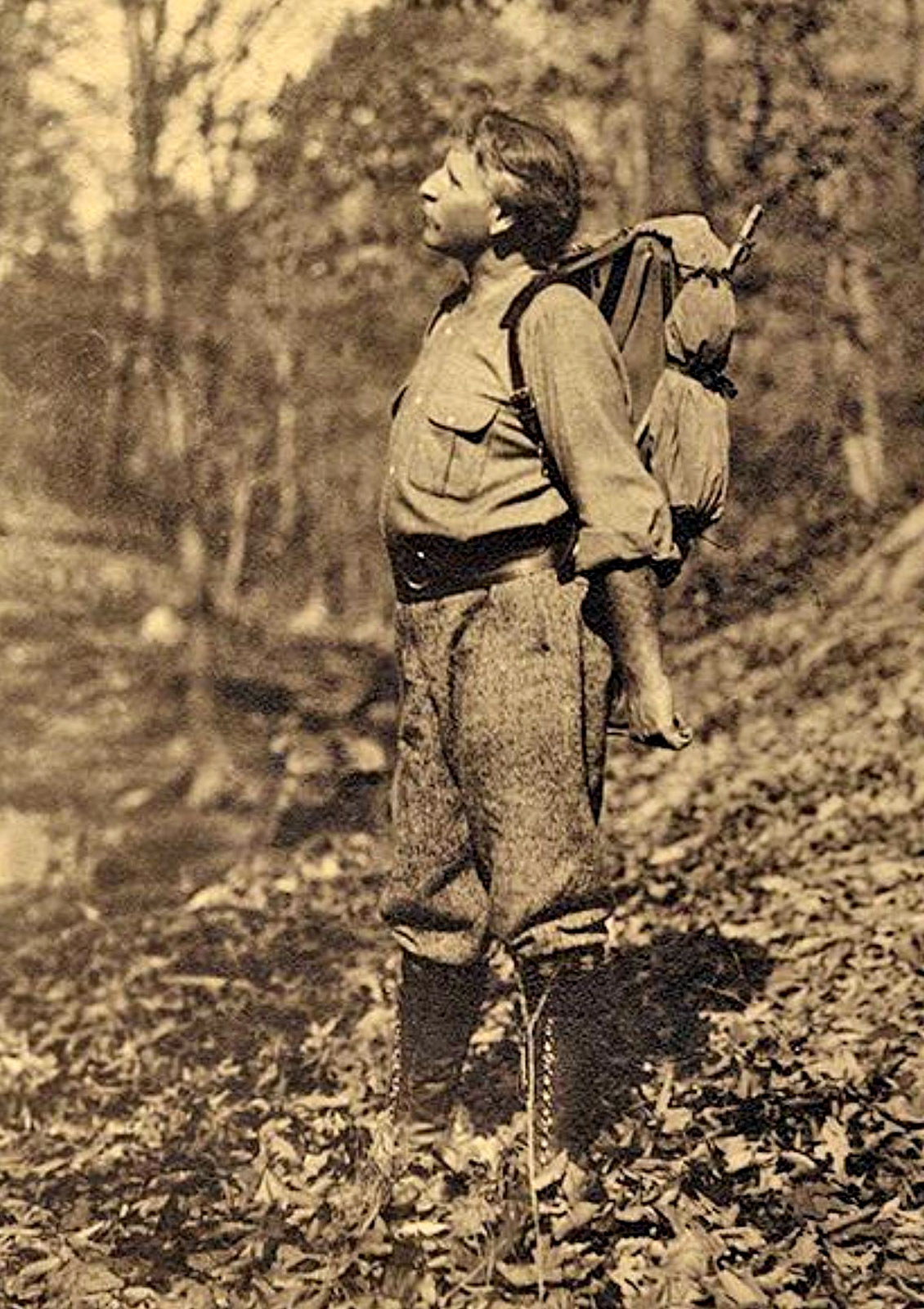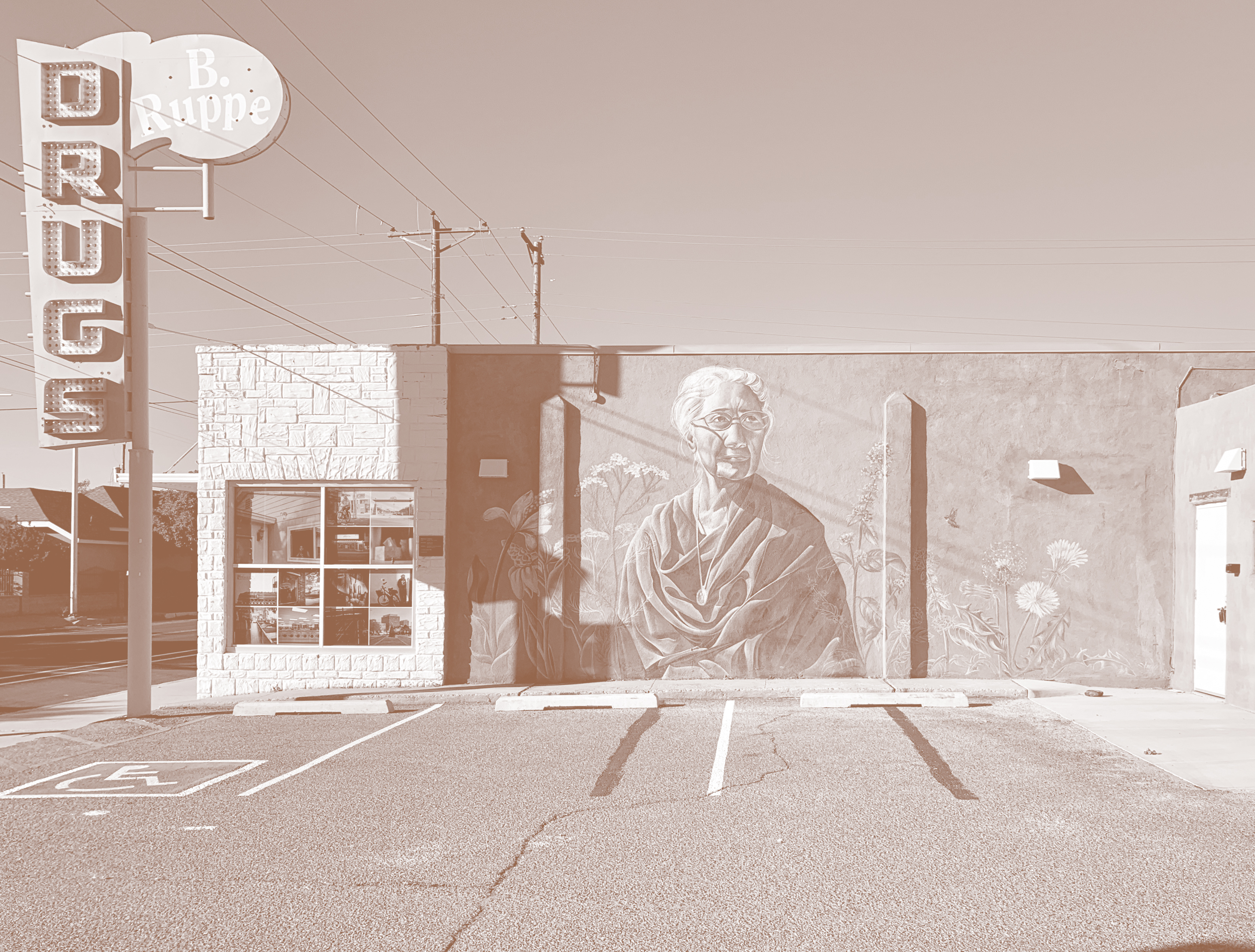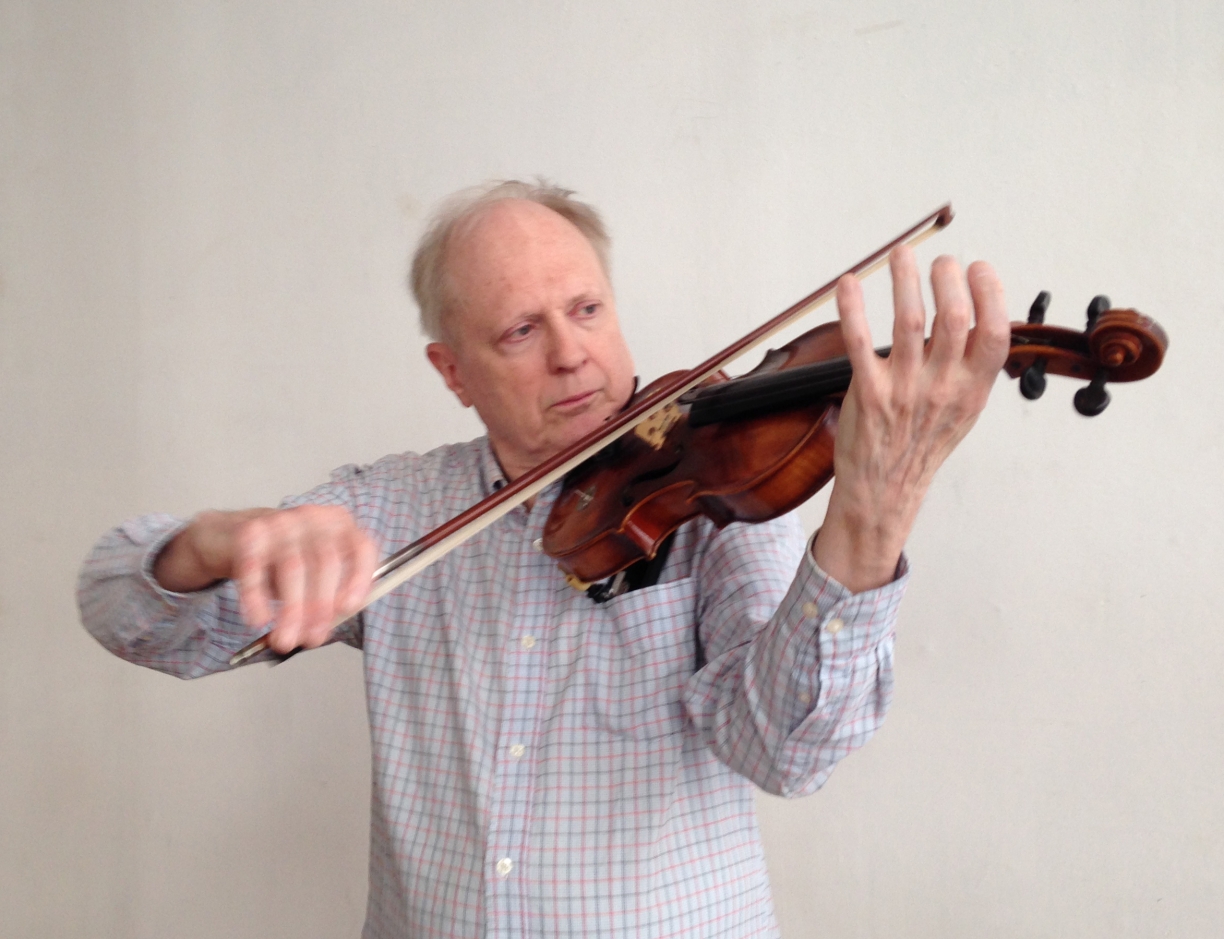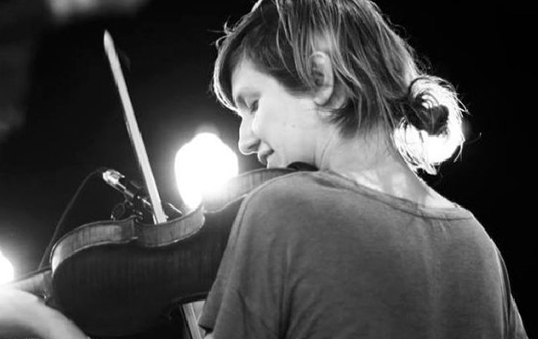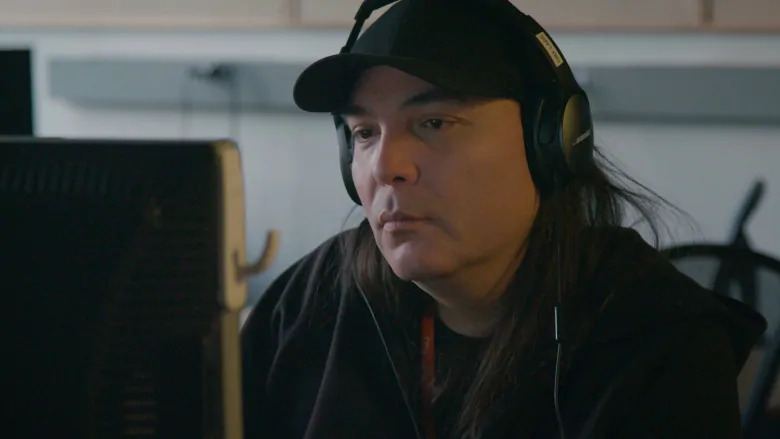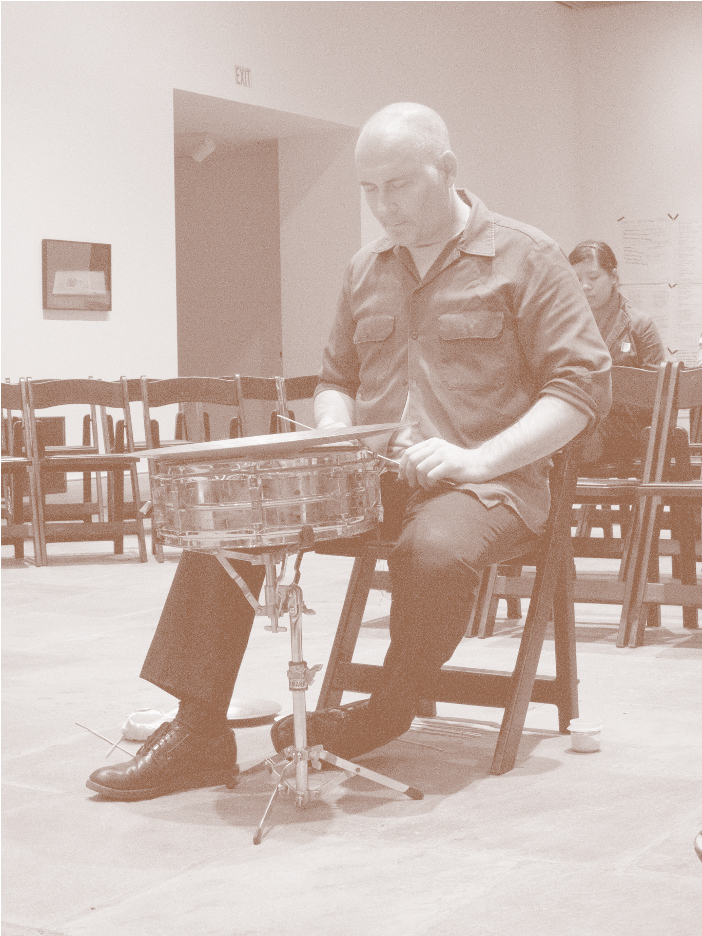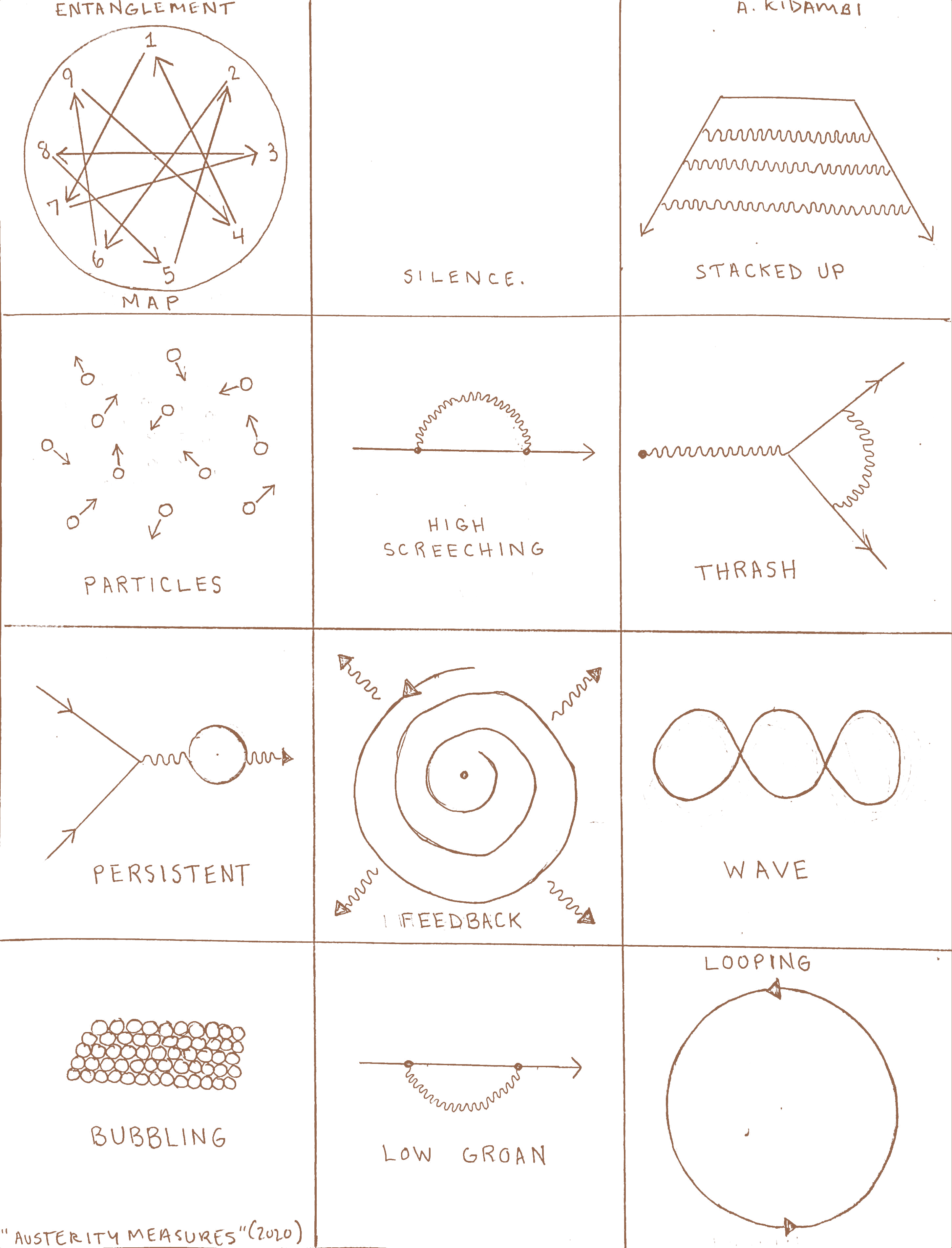Twenty-four issues ago, I uploaded the first Sound American. The goal was to bridge a gap in the language we use to talk about music—a fallow area that had developed between the two poles of academic and promotional writing. After almost ten years, and with the help of old and new friends, I’m happy to release SA’s 25th issue into a world that is increasingly occupied by people and organizations who have found a way to plant their own unique seeds in a field that is becoming more verdant every year. Like the communities that have always nurtured folk and experimental music, a family is slowly forming.
This issue, co-edited by Sarah Hennies and Anna Roberts-Gevalt, explores the intersections between folk traditions and experimental practices. What it really gets at, though, is two sides of human expression: our fierce need to be unique and the equally powerful desire to share our experience with others.
This 25th issue is obviously a milestone. Not once has it been easy to put out a volume of the journal—each has had its own particular learning curve—for me, especially—but there are two consistent factors that have made publishing continually possible and valuable: simplicity and ethics. These same qualities are present in one way or another in the music of everyone in this issue and especially of its two guest editors. I want to use my short space here to talk about the benefits and difficulties of these two factors in hopes that I can convince more people to join the community by writing their words and making them heard.
Like folk and experimental music, publishing can be as simple (or as complex) as you want it to be. In practical terms, however, it is possible to get your thoughts to a public for a small amount of money and with minimum experience. You control when and how it comes out, so it can accommodate any schedule and level of vigor. Putting together an issue allows you to meditate on what ideas are important to you and asks you to practice empathy in understanding that other people—your contributors and your audience—may have a different way of looking at the same ideas. And, in order to successfully share your words, you may have to be open to changing your mind.
All this points to an argument for more voices like Sound American’s in this world. It is simple and inexpensive; scalable and flexible. Publishing asks you to be confident about your opinions while being sensitive to those of others. The true gift of the process of publishing is this confidence and, especially, the empathy you develop toward different ideas and means of expression. The tensions between your long-held notions and those of the contributors contain rare possibilities to remold your system of ethics and body of knowledge. You don’t only gain insight into another person, but you also learn, sometimes painfully, that it is okay to respect another person’s history and knowledge without trying to digest it into your own.
This provides a lot of navel-gazing bang for its buck; an email list is free, a rudimentary website can be beautiful and useful for the cost of a good bottle of wine. The work you pour into how your ideas—and the ideas of those you care about—come into the world is not only economically free, but is a tangible investment in yourself and the community that grows up around you.
It should come as no surprise that community is a big part of my argument; Sound American has always tried to broaden, rather than narrow, the range of people that can be affected by its positive influence. At a time when our culture is being asked to limit our decisions to the finality of yes or no, publishing can be used to express a desire for an infinite gradation of possibilities. As zero-sum games predominate the news and social media, this kind of discursive publication can be a place for what Chantal Mouffe calls agonism, or the ability to disagree without needing to annihilate. During an era in which we all strive to put forward a perfect image of ourselves and our lives, a journal/blog/zine can be the place where we wallow in the reality of our imperfections. As we are bombarded by hate and violence in the world around us, this can be a place to attempt love and understanding.
Putting out a small press publication is like teaching a song by ear. You have the opportunity to present your version of it without the necessity of it remaining yours. You sing it your way with the understanding that the person learning it will take only what is meaningful to them. You tell people what matters to you without forcing them to listen. Ultimately, you will find satisfaction in the communion of sharing something you love with another person with no strings attached. You enter into a real, human, relationship.
This is the 25th issue of Sound American. In small publishing terms, that longevity is a success, and I celebrate that I, and all who have been a part of the journal thus far, have been able to do anything for that long. But, I would more deeply celebrate the proliferation of the idea of building community through publishing, would feel better if I thought these last few years had spawned something greater than what SA has been so far. Even more, I could feel satisfied with this work if some small residue from it brought us to some sort of wide-spread sharing, discussion, forgiveness, and musical, cultural, political, and human sense of mutual aid in our lives.
That’s a lot to ask; bridging that gap or sowing the seeds of those relationships is something that won’t come from a small journal with delusions of grandeur, but from hands reaching out to bring people in. The people in this issue, and especially Sarah and Anna, are doing just that by asking us to come to the folk music, experimentation, and humanity of each of their writing and to take that feeling to the community around us.
If you can, please start your own small music journal and support others like Sound American (Blank Forms and Primary Information are two great New York–based organizations as a start). You can seek them out online, and we will all benefit by your emotional and economic support.
